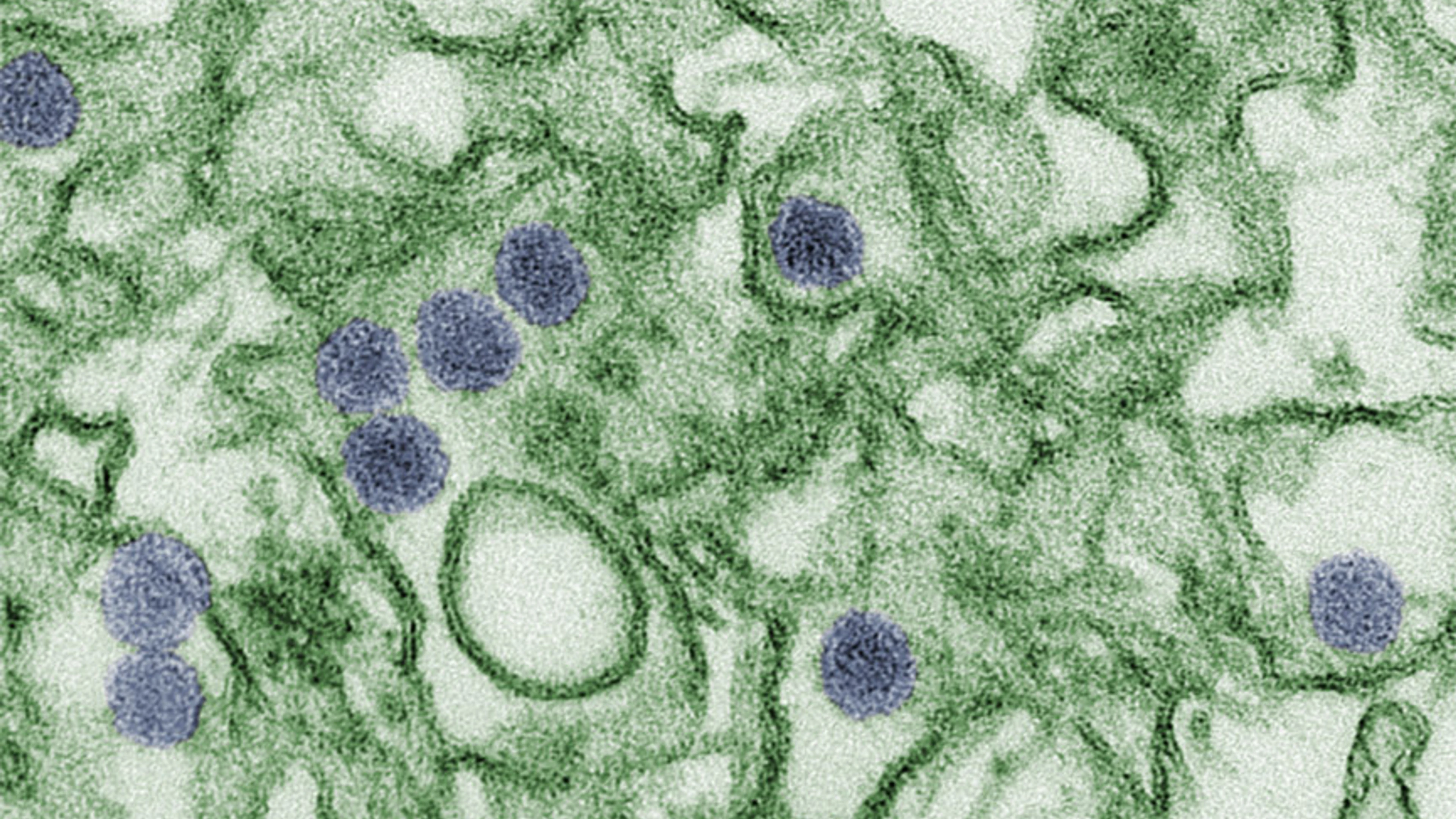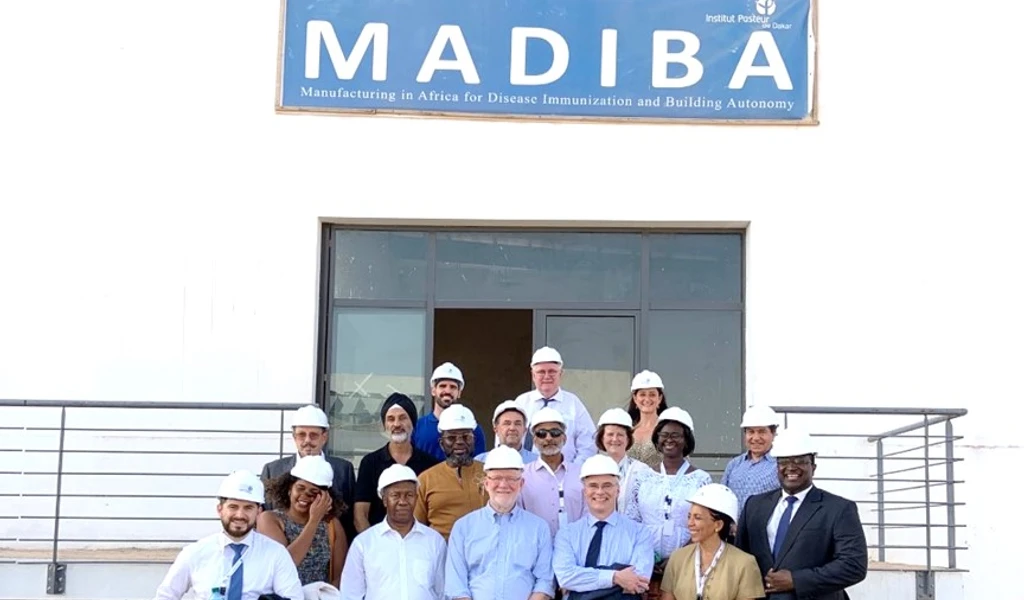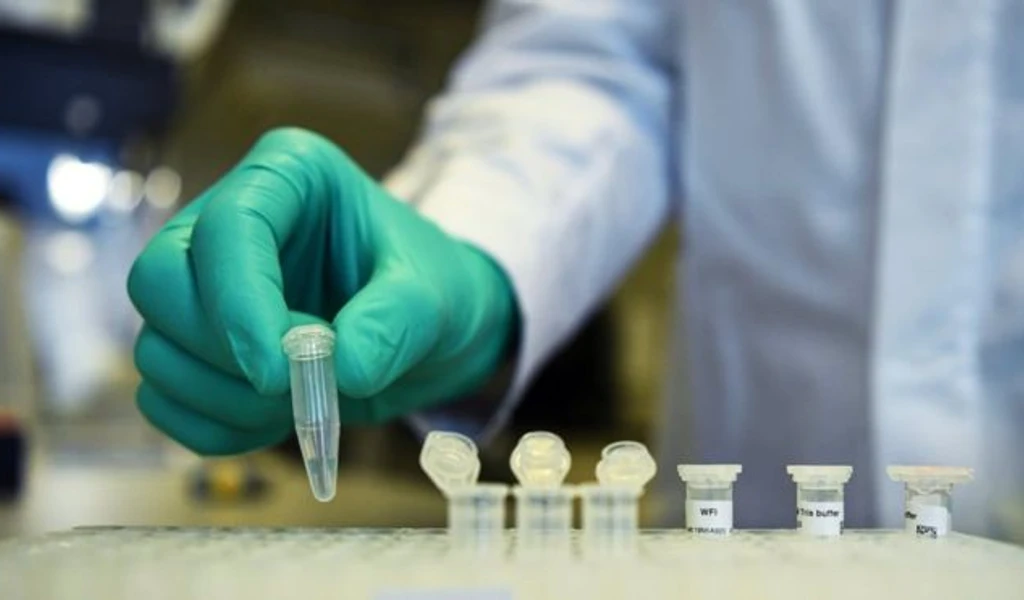Call for proposals to reduce time to develop vaccines against epidemics

CEPI call to dramatically reduce the time it takes to develop and produce vaccines for new emerging infectious diseases
Coalition aims to provide a global defence against emerging infectious diseases by developing platforms for rapid development and manufacturing of vaccines.
Media release, 5 September 2017, Oslo — Coalition for Epidemic Preparedness Innovations
Today, CEPI, the coalition set up in the wake of the Ebola epidemic to finance and coordinate the development of new vaccines to prevent and contain infectious disease epidemics, announces a major new initiative to transform the way the world responds to epidemics.
A major limitation in the response to new infectious disease threats is the time taken to develop new vaccines. CEPI was created to address this challenge and is now inviting R&D institutions, companies, and foundations to submit proposals for new approaches to vaccine development to radically reduce the time required for the development of new vaccines. CEPI will fund vaccine platform technologies that will enable rapid vaccine development, elicit the rapid onset of immunity, and whose production can be scaled up quickly to respond to outbreaks of new or previously unrecognised infectious diseases.
The call was developed in collaboration with the Bill & Melinda Gates Foundation and the National Institute of Allergy and Infectious Diseases (NIAID) at the U.S. National Institutes of Health and establishes the following targets:
16 weeks from identification of the virus component suitable for use as a vaccine, to product release for first clinical testing;
6 weeks from administration of first dose to clinical benefit; and
8 weeks from deciding to initiate scale-up of production until release of 100,000 vaccine doses
Production platforms that meet these criteria could significantly accelerate the availability of vaccines during emergencies. Historically, the development of vaccines has required much longer timeframes (e.g., 9 years for measles, 12 years for Ebola, or 41 years for meningitis). In the recent cases of Ebola and Zika, the early availability of vaccines might have prevented thousands of deaths in the case of Ebola and substantial morbidity and disability in the case of Zika (See for details of the model used).
Richard Hatchett, CEO of CEPI said:
One thing that we can be sure of beyond doubt is that the world will face another Ebola, SARS, or even Spanish Influenza. And we aren't ready. Vaccines can be the insurance policy we need to combat that epidemic when it comes. Today's announcement is a call to develop vaccine platform technologies that can rapidly generate safe and effective vaccines against emerging threats. Having such platforms at the ready will represent a major advance in global health security for the whole world.
About CEPI
CEPI is an innovative partnership between public, private, philanthropic and civil organizations. It was founded in 2016 by the governments of India and Norway, the Bill & Melinda Gates Foundation, Wellcome and the World Economic Forum. To date, CEPI has received investment from the governments of Australia, Belgium, Japan, Norway, Germany, and Canada as well as the Bill & Melinda Gates Foundation and the Wellcome Trust. The European Commission has announced a contribution in kind of €250M that will support relevant projects through EC mechanisms. NIAID may provide inkind services, other technical expertise, and product-independent activities related to vaccine development. Other partners include multinational pharmaceutical corporations, the World Health Organization and Médecins Sans Frontières. www.cepi.net
Notes to Editors
Submissions close at 4pm CEST on 17 October 2017. Further details of the technical requirements can be found at CEPI calls.


